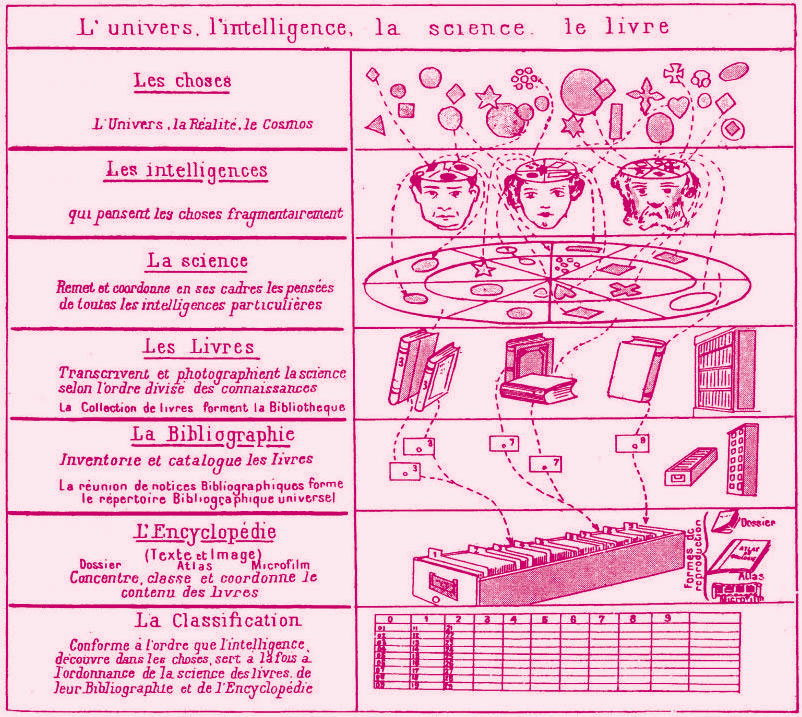Book (and Things) Remixing: The Library and Labor #bbl 4

With guest presentation “Life After the Template” by Eric Schrijver.
Book Remixing #04 is the fourth in a series of workshops for designing and making new types of hybrid books. The hybrid book, or unbound book, is an experiment to investigate what happens once the book is free of its current form of a printed book and usable in multiple and malleable digital forms.
During the third workshop we looked at ‘Books on Books’ and will focus subsequent workshops on the topic of Libraries and Labor. We will explore how the library is being reshaped and re-imagined in relationship to broader changes in contemporary labor conditions under capitalism.
We’ll be organizing a Libraries and Labor reading list on Zotero, which you are welcome to join and add to. See here. There will be some physical copies of the books from the collection at A Public Library, but please bring some of you own if you have suggested titles to include. In the workshop we’ll collate passages and media segments into an exploratory and experimental publication type—hybrid, unbound, annotated, exploded, unbook? In the summer we’ll be producing an exhibition publication along the lines of a ‘virtual shelf’.
While each workshop has built upon the previous discussions, please feel free to join if you’ve never attended before! You can see what we’ve done at the previous workshops below. Bring some books and media that you would like to share as well as a computer.
Life After the Template by Eric Schrijver
Current database driven web architectures separate form (templates and stylesheets) from content (data). By changing the template file, the design for all pages on a web site change. This type of automatisation is highly efficient. The template is separated as much as possible from the content, which residing in the database—ready to be repurposed as easily as possible. What does this mean for the role of a graphic designer, whose intelligence traditionally resides in creating relations between form and content?
Is there a life after the template? Are there ways in which designers can adapt the design of individual articles and pages, and still retain the possibility of indexing and syndication that are so important with database-driven websites?
The research ‘Life after the template’ is a first step in answering these questions. Made possible by a grant from the Creative Industries Fund, Netherlands, it presents a number of case studies that can help imagine digital publishing tools and infrastructures that allow designers to make interesting relations between form and content.
Eric Schrijver (Amsterdam, 1984) is an author, designer and developer. Often working together with the Brussels based collective Open Source Publishing, he creates publications for screen and print with equal love, and invents and appropriates new tools for hybrid publishing. Eric teaches at the Royal Academy of Art in The Hague and is the editor in chief of the group blog ‘I like tight pants and mathematics’.
http://osp.kitchen/ http://i.liketightpants.net/
Book Remixing #1 Book Remixing #2 Book Remixing #3 For more information on #bbl see the Github page https://github.com/consortium/Bureau-for-Book-Liberation .tribe-events-single-event-description.tribe-events-content.entry-content.description h3 {padding-bottom:2rem;}